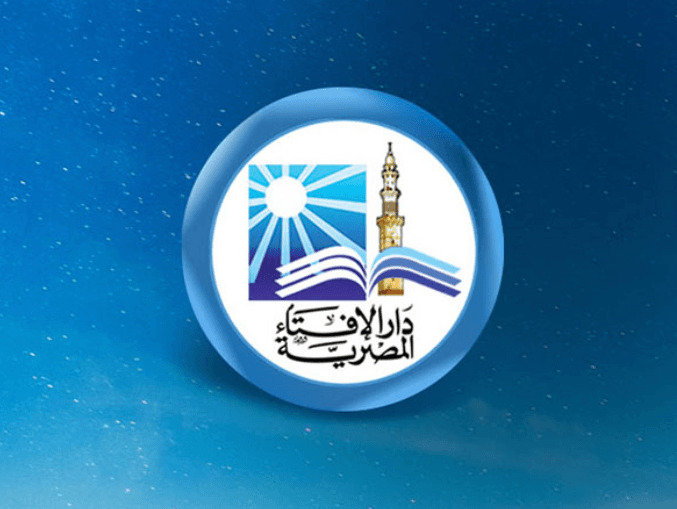The following is a translation of the Fatwah from Dar ul Ifta in Egypt regarding the Barhatiyah and Jaljaloutiyah with the original in arabic linked below it.
Ruling on Reciting the Jaljalutiyah and Barhatiyah
Date of Fatwa: March 14, 2016
Fatwa Number: 2619
From: Electronic Fatwas
Category: Dhikr (Remembrance of Allah)
Question:
What is the ruling on reciting the Jaljalutiyah and Barhatiyah?
Answer:
A Muslim should ensure that the names used in dhikr (remembrance of Allah) are those whose meanings are known. The preferred position for issuing fatwas is to avoid using names whose meanings are not known, unless under the guidance of a knowledgeable sheikh who understands their meanings, teaches the seeker their meanings, and permits them to recite them.
Details:
Remembering Allah with names whose meanings are unknown is a matter of scholarly disagreement. The difference depends on whether the person doing dhikr is certain that the name is one of the names of Allah, although they may not understand its meaning, or whether they are not certain about this.
Some scholars have permitted dhikr with such names, while others have forbidden it. A third group held that it is only permissible if these names have been transmitted by trustworthy sources, such as what is attributed to Imam Abu al-Hasan al-Shadhili and Sayyid Ibrahim al-Dusuqi (may Allah be pleased with them).
Imam Ibn Hajar al-Haytami, when asked about incantations (ruqya) using names whose meanings are unknown and seeking intercession with them (as in “al-Fatawa al-Hadithiyya”), said:
“What Al-‘Izz ibn ‘Abd al-Salam issued fatwa on, as I mentioned in ‘Sharh al-‘Ubbab,’ is that writing mysterious letters for illnesses is not permissible for seeking healing or incantation through them. The Prophet (peace and blessings be upon him) was asked about incantations and said, ‘Show me your incantations.’ They showed them to him and he said, ‘There is nothing wrong.’ The reason he requested that is because some incantations can be acts of disbelief. If writing them is prohibited, then seeking intercession through them is prohibited as well. However, if we find them in the books of a person who is trusted for their knowledge and religiousness, and they order their writing or recitation, then it is possible to say it is permissible in that case, since their order likely only came after knowing their meaning and ensuring there is no harm in it. If these names are only mentioned as quotations from others who are not like that, or if they are mentioned without recommending their recitation or explaining their meanings, the prohibition remains. The mere mention of such names by an Imam does not prove he knew their meanings. Many compilers include what they find without examining or testing meanings, simply mentioning that users may benefit from them. For this reason, you may find in the practices of Imam al-Yafi’i many things said to have benefits or special properties, of which the user may notice nothing, even if their deeds are pure and their hearts are sound. This shows that not all that is mentioned was based on experience, but was included based on claims of benefit, just as al-Damiri did in ‘Hayat al-Hayawan.’ There, of a hundred claims of benefit, perhaps only one is correct. And Allah knows best.”
He also said (p. 88):
“Among those who clearly prohibited incantations with non-Arabic names whose meanings are not known are Ibn Rushd al-Maliki, Al-‘Izz ibn ‘Abd al-Salam al-Shafi’i, a group of our scholars, and others. It was reported that Ibn al-Musayyib allowed it, based on the Prophet’s (peace be upon him) saying: ‘Whoever among you can benefit his brother, let him do so.’ But there is no proof in that, because he only said it after they told him they had incantations they used, so he said, ‘Show me your incantations.’ When they showed him, he said, ‘There is nothing wrong,’ and only then said, ‘Whoever among you can benefit his brother, let him do so,’ after he knew their incantations and that they contained nothing objectionable.”
Based on the above:
A Muslim should ensure that the names used in dhikr are those whose meanings are known. The preferred opinion for giving fatwas is to avoid using names with unknown meanings, unless under the guidance of a knowledgeable sheikh who can teach their meanings and permit their recitation.
And Allah Almighty knows best.
For the original click here


